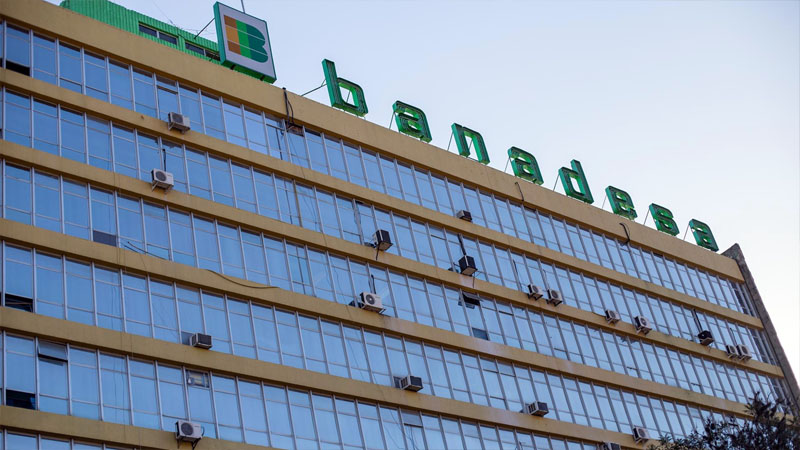Exclusive content

The Association of Small and Medium Aquaculture Farmers of the South (Apemasur) in Honduras is calling for an injection of USD 350 million to revitalize the country’s shrimp industry, which is struggling to compete with international competitors. According to Apemasur’s president, Wilmer Cruz, the industry needs this investment to reactivate production levels in Honduras’ border lagoons, where they aim to produce 2,000 pounds per hectare.
Competing with International Giants
However, Honduras’ shrimp industry faces stiff competition from countries like Ecuador, which can produce up to 10,000 pounds of shrimp per hectare in similar lagoons. This gap in productivity has left Honduran producers struggling to remain competitive in the global market.
While Apemasur has secured a loan agreement with the National Bank for Agricultural Development (Banadesa) that allows small producers to access up to around USD 16 thousand, this financing is only a palliative solution. The association’s president noted that this loan will only benefit producers with small plots of land, leaving many others with larger plots struggling to access credit.
Credit Crisis and Regulatory Hurdles
Apemasur estimates that only 50 of its 234 registered producers qualify for the loan program, while the remaining 184 are at high credit risk. To address this issue, the association is pushing for the creation of a Public Credit Mechanism (PCM) that would provide credit support not only to shrimp farmers but also to other sectors such as basic grains, palm oil, and salt producers.
In addition to financial support, Apemasur is also seeking the creation of an executive unit to acquire legal documents and certifications. According to Cruz, the association has been asking the government to establish a program that would provide environmental licenses and concessions to enable producers to become more competitive.
Shrimp Board on the Horizon
Apemasur is also pushing for the creation of a shrimp board to help coordinate the industry’s efforts and provide a unified voice for farmers. The association represents 177 production companies operating in an area of 2,000 hectares, producing 10 million pounds of shrimp per year. Approximately 75% of these exports go to Mexico and Central American countries, particularly Guatemala.